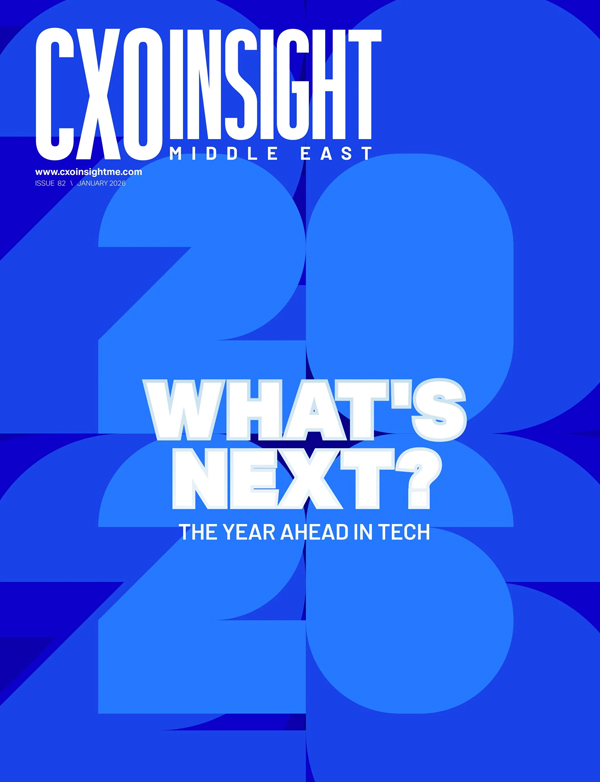 Healthcare is fundamental to human life – it always has been, and it always will be – but never has this been clearer than during the current coronavirus crisis that we find ourselves confronted with. It goes without saying that COVID-19 has impacted every aspect of how we live, but one of the most significant consequences of the pandemic has been the massive strain on healthcare systems globally, and the result is a focus on how to alleviate that strain.
Healthcare is fundamental to human life – it always has been, and it always will be – but never has this been clearer than during the current coronavirus crisis that we find ourselves confronted with. It goes without saying that COVID-19 has impacted every aspect of how we live, but one of the most significant consequences of the pandemic has been the massive strain on healthcare systems globally, and the result is a focus on how to alleviate that strain.
The virus has led to an unprecedented number of patients in hospitals, meaning that healthcare professionals have minimal time to dedicate to those with less serious conditions, while social distancing measures have also dissuaded people from travelling to medical centres unless they feel it is totally necessary.
As a result, healthcare providers and the public have increasingly been turning to digital communication to replace face-to-face consultations and checkups. Speaking to The Lancet recently, Ray Dorsey, the director of the Center for Health and Technology at the University of Rochester said that the US has seen a tenfold increase in virtual consultations over the past few weeks, and this is a trend that we are seeing all over the world.
The benefits of virtual consultations, or “telemedicine,” at this time are clear: Staying at home and making a video call keeps patients off of transport systems, out of hospital waiting rooms and away from other patients who may have contracted the virus.
Furthermore, given that the symptoms of COVID-19 are in many cases mild, telemedicine is particularly useful in minimising the spread of the illness to healthcare providers. While virtual appointments aren’t appropriate for every condition, many common problems, such as aches, pains, fevers and minor injuries, can be treated or at least consulted remotely.
However, while the recent surge in the use of telemedicine has come as a knee-jerk reaction to the current crisis, we shouldn’t expect it to disappear as quickly as it arrived once the coronavirus has been suppressed. For years, people have been predicting the rise of virtual medicine, but it has remained on the sidelines, with many seeing it as a cost-cutting measure. The pandemic will familiarise people with telemedicine, and this could be a turning point for healthcare, changing how we interact with doctors and other healthcare professionals.
As we will likely be dealing with the effects of this pandemic for quite a while longer, with a vaccine reported to be over a year away, it is likely that habits formed by patients during this time will become preferences and default behaviours once people accept them as the new normal.
As with any step forward in digital transformation, though, the predicted rise in telemedicine post-crisis will present challenges with regard to privacy and security. We have seen recently that healthcare providers represent a major target for cybercriminals due to their critical role in society, and this will be no different once we get past the current crisis.
Any move to increase remote technology’s role within healthcare will naturally lead to an increase in the amount of sensitive personal data implicated, from contact details to medical records, and cybersecurity will become more important than ever over the coming years in order to ensure privacy for patients. Robust governance will also be required when it comes to the handling of this data, and privacy and security must be central to the strategy of any healthcare provider’s telemedicine projects going forward.










Discussion about this post